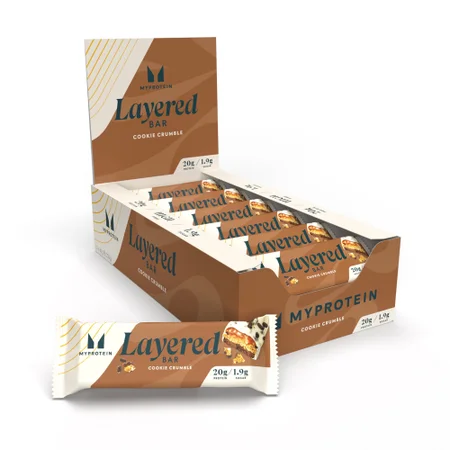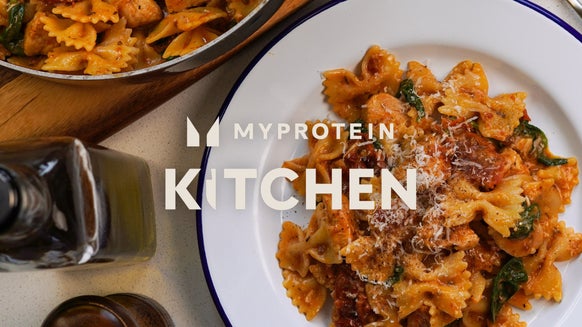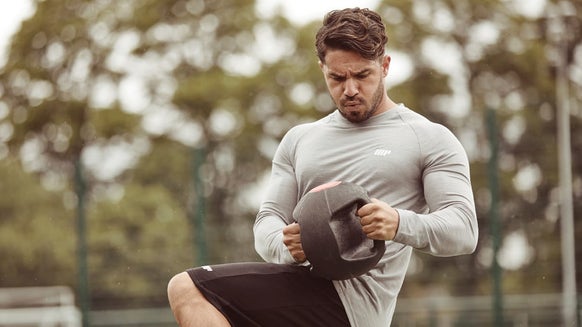9 HIIT Workouts You Need To Try Now

HIIT stands for
1. 15-Minute HIIT Ab Workout | Home Abs Workout
This session consists of 5 exercises, with 45 seconds of continuous effort, and 15 seconds of rest between each set. There will be 3 sets in total.
Bicycle Crunches Butterfly Sit Ups Flutter Kicks Knee Drive to Toe Tap - Plank Knee to Opposite Elbow
Related: HIIT Really Does Keep You Fit
2. 20 Minute HIIT Workout At Home | No Equipment Workout
This session is 20 minutes long, consisting of 45-second bouts of exercise with 15 second rest periods in-between. Throughout this session, we will go through 20 exercises.
Shoulder Taps Inch Worms Bicycle Crunches Heel Touches Leg Raises Mountain Climbers - Plank
Shoulder Taps Inch Worms Bicycle Crunches Heel Touches Mountain Climbers - Plank
Shoulder Taps Inch Worms Bicycle Crunches Leg Raises Heel Touches Mountain Climbers - Plank
3. 20 Minute HIIT Workout for Fat Loss
This session consists of 2 sets of 10 exercises, comprising of 40 seconds of continuous work followed by 20 seconds of rest.
Ross, on the left, will be demonstrating simplified versions of each exercise. This HIIT session uses core exercises and lower body exercises.
Jump Squat with Pulse Walk Prisoner Walks Shadow Boxing - Out Side Lunges High Knees Lunge Pulses Jump Squats Shadow Boxing - Up Jumping Jacks - Burpee Tuck Jump
Related: What to Eat to Fuel Your HIIT Sessions
4. 15 Minute Home HIIT Workout without Equipment
This session consists of 5 exercises, comprising of 30 seconds of work followed by 30 seconds off – making this a more beginner friendly HIIT session. This will be repeated for 3 rounds and focuses on the full body.
Mountain Climbers Press Ups Squats Plank Get-Ups - Burpees
Related: Common HIIT Mistakes that could be Ruining Your Workout
5. 20 Minute HIIT Workout at Home
More of an intense session, this HIIT workout will go on for 20-minutes with 50 second working bouts, followed by 10-second rest periods.
A mixture of upper and lower exercise is used, although this session mainly focuses on developing muscular endurance of the core.
Plank Walkouts Shoulder Taps Press Ups & Superman Press Ups Plank Twists Squat Jumps & Lunges Mountain Climbers & Squats Squats & Prison Squats Jack-knife Crunch Straight Arm Sit Ups Press Ups & Scorpion Mountain Climbers Burpees Heel Walks & Hip Thrusts Crossed Hip Thrusts Bicycle Crunches Raised Knee Tuck Crunches Jump Lunges Jump Squat & Floor Tap Plank Get Ups Heel Touches Burpees - Rest and Stretch
Related: Best Supplements for HIIT
6. 15 Minute Home HIIT Workout
The workout is 15 minutes of high-intensity interval training, a great way to get the heart pumping and the calories burned.
Your exercises will be in sets of 3 where you do 20 seconds on 10 seconds rest, predominantly focusing on core exercises.
Burpees Mountain Climbers Burpee Thruster Flutter Kicks Plank Get Ups The Crunch Press-Up Tricep Dips Leg Raises - High Knees
Related: Tabata versus HIIT | Which is Better for Weight Loss?
7. 10 Minute Outdoor HIIT Workout
Then, for each of the exercises below, try do as many repetitions as you can for 45 seconds, then take a 15 second rest – remembering to maintain good technique throughout the session. Once you’ve completed one round of each exercise, repeat the set once more.
Burpees Squat Jumps Mountain Climbers Jumping Lunge - Bicycle Crunch
Related: Can Music Help You Enjoy HIIT & Improve Performance?
8. 15 Minute Advanced Full-Body HIIT Workout With The Body Coach
This session will last for 15 minutes, with 45 seconds of continuous work, followed by 15 seconds of rest.
This is very much a full body workout, so make sure you are properly warmed up prior to the session to mitigate the risk of injury.
Sprint on the spot Mountain climbers Squats Press up with thruster Crab toe touches Up/down plank Sprint on the spot Raised knee crunches Slow mountain climbers Reverse lunges Burpees Squat jumps Bicycle crunches Spiderman lunge with T-spine twist Narrow press ups - Sprints with burpees
Related: What is High-Intensity Interval Training?
9. Floating HIIT Session with AquaPhysical
FloatFit classes are a 30-minute workout on water. FloatFit makes the most of water’s instability; the core is worked continually to stay balanced. This kind of workout uses specially designed mats that float on the surface of the water (so you won’t get wet unless you fall in!) – so the purpose of doing it on the water is to add instability.
Expect to do exercises like squats, mountain climbers and v-sits – exercises that would typically not be quite so demanding on dry land!











